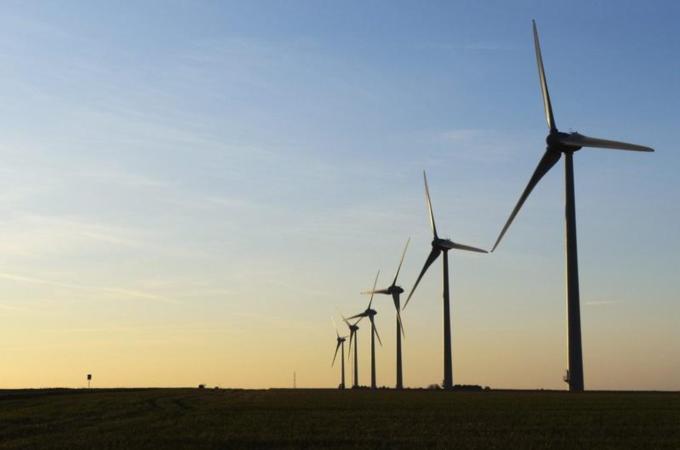The fight against coal in the US has achieved great success due to activists' passion and commitment.
San Francisco, CA - Coal is going down in the United States, and that's good news for the Earth's climate. The US Energy Information Administration has announced that coal, the dirtiest and most carbon-intensive conventional fossil fuel, generated only 36 per cent of US electricity in the first quarter of 2012. That amounts to a staggering 20 per cent decline from one year earlier. And the EIA anticipates additional decline by year's end, suggesting a historic setback for coal, which has provided the majority of the US' electricity for many decades.Even more encouraging, however, is the largely unknown story behind coal's retreat. Mainstream media coverage has credited low prices for natural gas - coal's chief competitor - and the Obama administration's March 27 announcement of stricter limits on greenhouse gas emissions from US power plants. And certainly both of those developments played a role.
But a third factor - a persistent grassroots citizens' rebellion that has blocked the construction of 166 (and counting) proposed coal-fired power plants - has been at least as important. At the very time when President Obama's "cap-and-trade" climate legislation was going down in flames in Washington, local activists across the United States were helping to impose "a de facto moratorium on new coal", in the words of Lester Brown of the Earth Policy Institute, one of the first analysts to note the trend.
Another surprise: most of these coal plants were defeated in the politically red states of the South and Midwest. Victories were coming "in places like Oklahoma and South Dakota, not the usual liberal bastions where you'd expect environmental victories", recalls Mary Anne Hitt, the director of the Beyond Coal campaign, which provided national coordination for the local efforts. The victories in Oklahoma were particularly sweet, coming in the home state of Capitol Hill's leading climate denier, Senator James Inhofe."If the activists hadn't been there talking to the government regulators and newspaper editorial boards and making the case that coal was a bad bet, the plants would have gone forward."
Of course the activists had help: the falling cost of natural gas and a decline in electricity demand following the 2008 financial collapse made coal vulnerable. But it was grassroots activism that turned this vulnerability into outright defeat, argues Thomas Sanzillo, a former deputy comptroller for the New York state government who has collaborated with Beyond Coal. "If the activists hadn't been there talking to government regulators and newspaper editorial boards and making the case that coal was a bad bet," Sanzillo explains, "the plants would have gone forward, because the utility companies would say, ‘We can handle the costs,' and those [government] boards are often good ol' boy boards." More


No comments:
Post a Comment